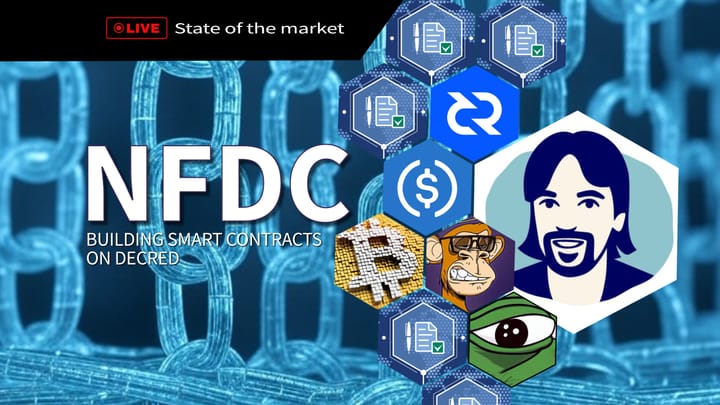Projects that have high levels of security, and the ability to adapt and bring continuing development to their networks, are likely to be the ones that have the longest futures.
Blockchain development is constantly evolving, adapting to meet the needs of its environment. With every cryptographic discovery comes new possibilities for problem-solving, variation and experimentation. A playground of creative possibilities in a world of financial freedoms.
In my mind, there are three ‘pillars of creation’ in the crypto space that have evolved the idea of sound money.
- Bitcoin — The beginning
- Monero — The private
- Decred — The sovereign
Bitcoin houses the DNA for the entire space, giving all that follow the foundation for building. Some will copy, some will fail, and some will evolve. The cornerstone of Bitcoin was founded on several core principles:
- Open-source technology
- 21 million maximum supply
- Distributed ledger
- Proof of work security
Monero takes this idea further with the aim of being private sound money. The cornerstone of Monero is to have a money network that achieves privacy as its default behaviour. It improves on Bitcoin in the following ways:
- ASIC resistant security
- Privacy by default
- Coin supply tail emission
Decred was built around the concept that change is necessary, and upgrading the protocol should be as easy as casting a coin holder vote. Decred initially iterated on Bitcoin in the following ways:
- Hybrid Proof of work / proof of stake security
- Decentralised treasury to fund development and outreach
- Stakeholder voting for consensus changes, proposals, and treasury spending
- Optional privacy
- Hard fork only upgrades
- Lightning Network scaling
Projects that have high levels of security, and the ability to adapt and bring continuing development to their networks, are likely to be the ones that have the longest futures. Decred’s strongest feature is its ability to build and change as needed.







Comments ()